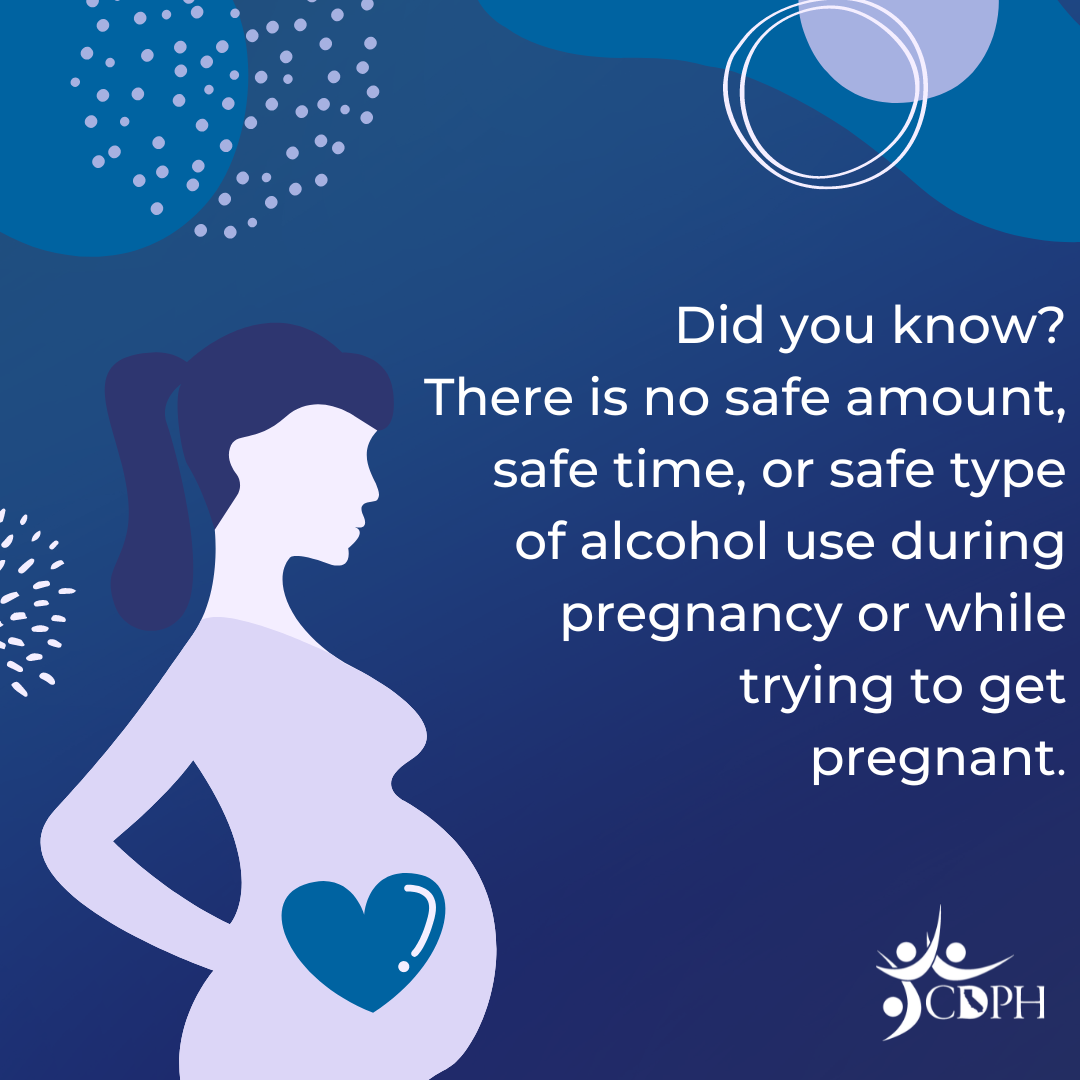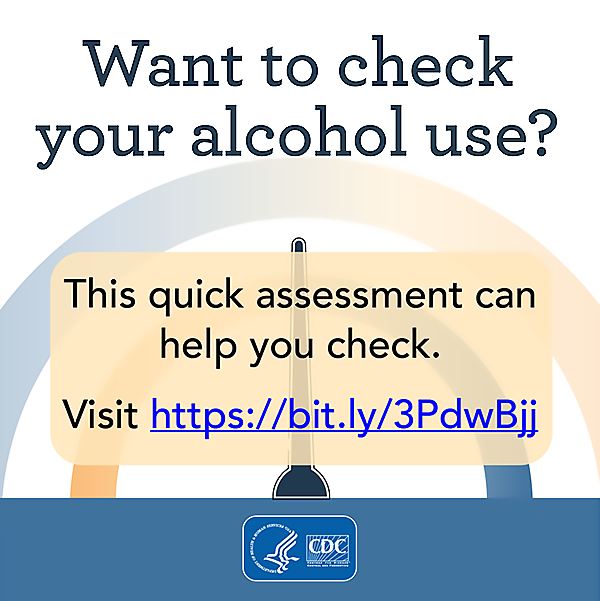Health Effects of Excessive Alcohol Use
Excessive alcohol use, defined as heavy drinking, binge drinking, or any drinking by pregnant people or anyone younger than 21, has immediate and long-term health effects.
Immediate Health Effects of Excessive Alcohol Use
Excessive alcohol use has immediate effects that can increase the risk of harm to you and others, including: 
-
Alcohol poisoning, which occurs when there is so much alcohol in the bloodstream that the areas of the brain in charge of functions that keep you alive, such as breathing, heart rate, and temperature control, begin to shut down.
-
Injuries such as motor vehicle crashes, falls, burns, and drownings.
-
Miscarriage, stillbirth, or fetal alcohol spectrum disorders (FASDs).
-
Sexual risk behaviors, such as unprotected sex or sex with multiple partners, which increases likelihood of unintended pregnancy or sexually transmitted infections.
-
Violence, including homicide, suicide, sexual assault, and intimate partner violence.
Long-Term Health Effects of Excessive Alcohol Use
Excessive alcohol use over time may increase your risk for chronic diseases, illnesses, and other serious problems, including:
-
Alcohol dependence or alcohol use disorders
-
Brain impacts, such as disruption in communication pathways, which can make it harder to think clearly and move with coordination
-
Cancer of the esophagus, mouth and throat (pharynx), voice box (larynx), liver, colon and rectum, and breast (in women)
-
Heart problems, including stroke, high blood pressure, heart disease, irregular heartbeat, and cardiomyopathy (stretching and drooping of heart muscle)
-
Learning and memory problems, including dementia and poor school performance
-
Liver problems, such as fatty liver disease, cirrhosis (liver scarring), fibrosis and alcohol-associated hepatitis (inflammation of the liver)
-
Mental health concerns, including depression and anxiety
-
Pancreatitis, which is inflammation and swelling of blood vessels in the pancreas that prevents proper digestion
-
Social problems, including family and job-related problems and unemployment
-
Stomach problems, including reactive gastropathy, which is irritation of the stomach lining that can cause symptoms of indigestion, erosion, or ulcers
-
Weakening of the immune system, which increases the chances of getting sick
Drink Less, Improve Your Health
Drinking less can improve your short and long-term health. Even small changes make a big difference. By reducing your alcohol use, you can reduce the risk of immediate and long-term alcohol-related health effects. You can anonymously check your drinking habits, identify barriers and motivators for drinking less, and build a plan to make healthier choices here:

For questions, please contact us at alcohol@cdph.ca.gov.